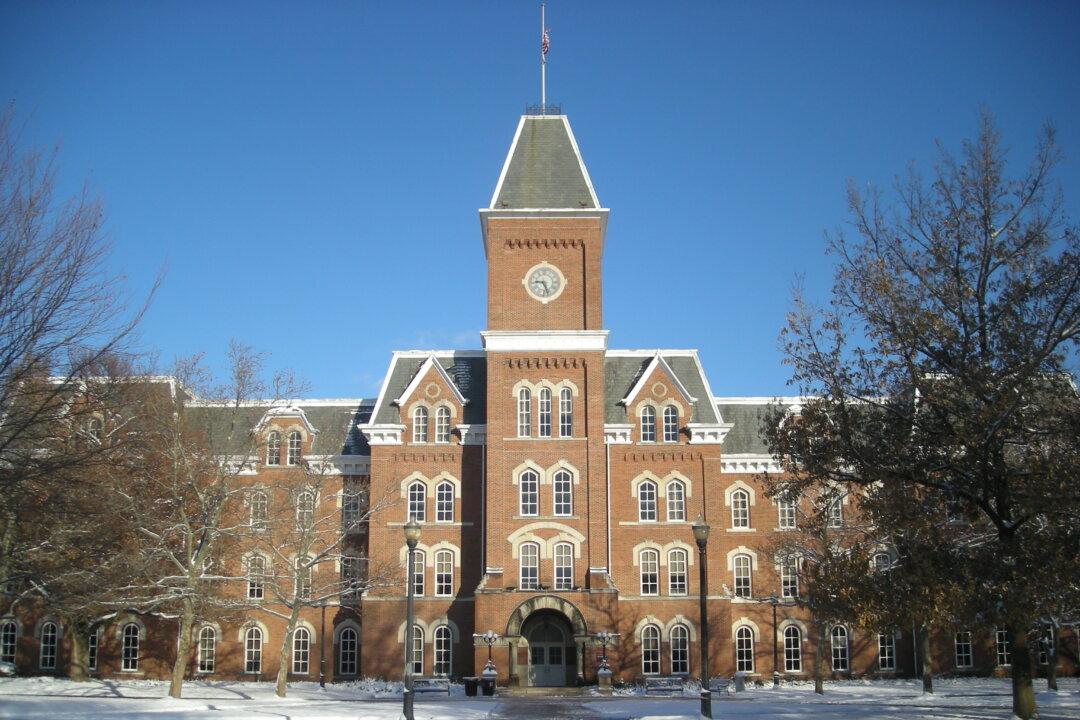A biomedical professor pleaded guilty on Nov. 12 in connection with a scheme to use millions of dollars in federal grant money to advance research in China, the Justice Department said.
Zheng Songguo, a former professor at Ohio State University (OSU), pleaded guilty to lying on his National Institutes of Health (NIH) grant applications, in order to use $4.1 million in research grants to develop the fields of rheumatology and immunology for China, according to the department. The offense carries a punishment of up to five years in prison.





